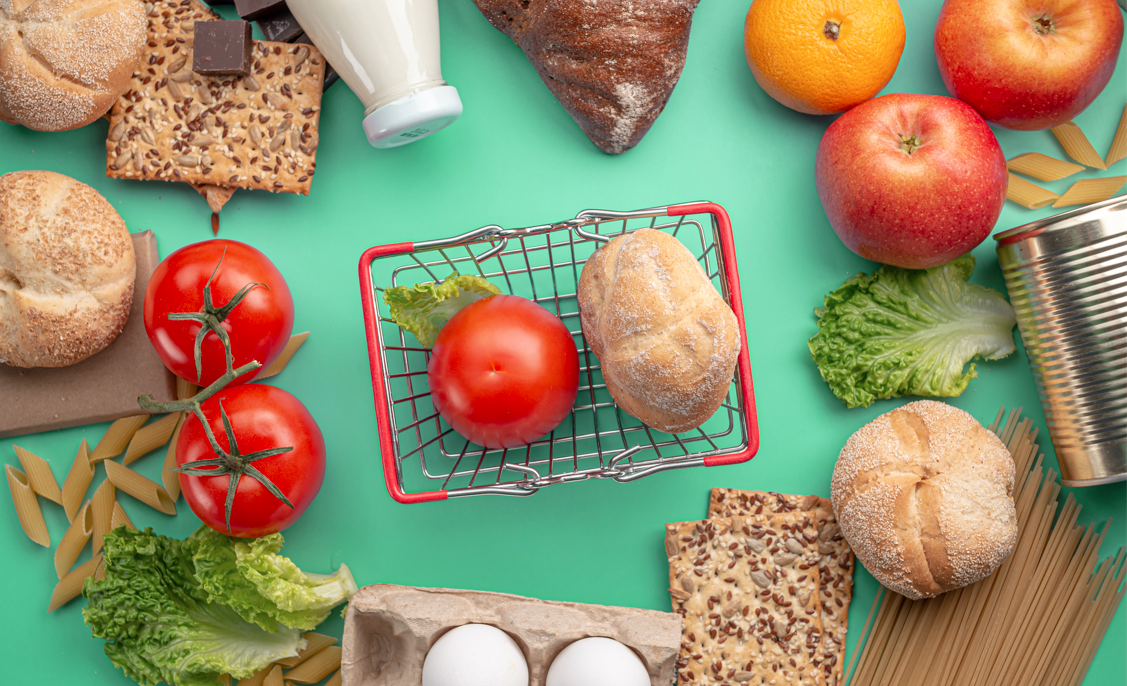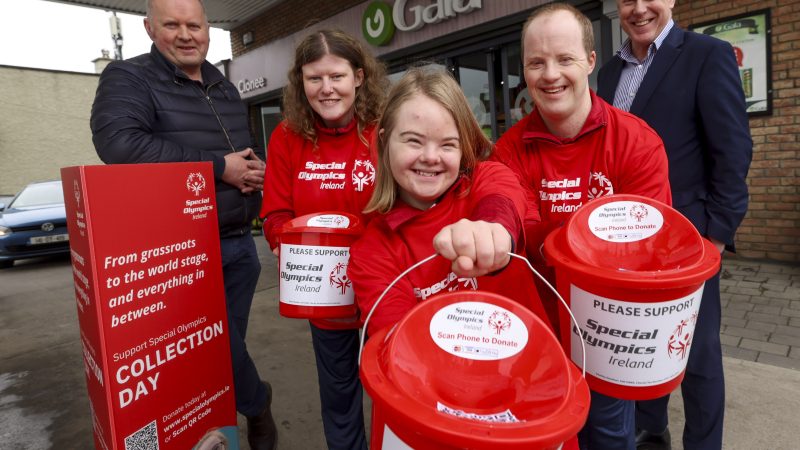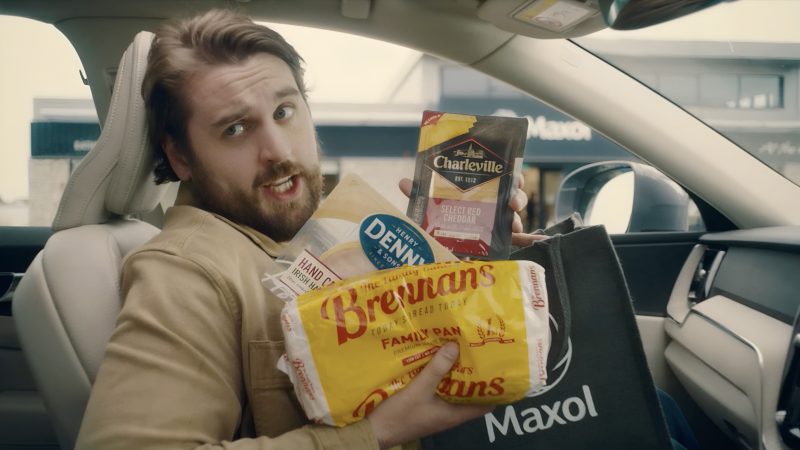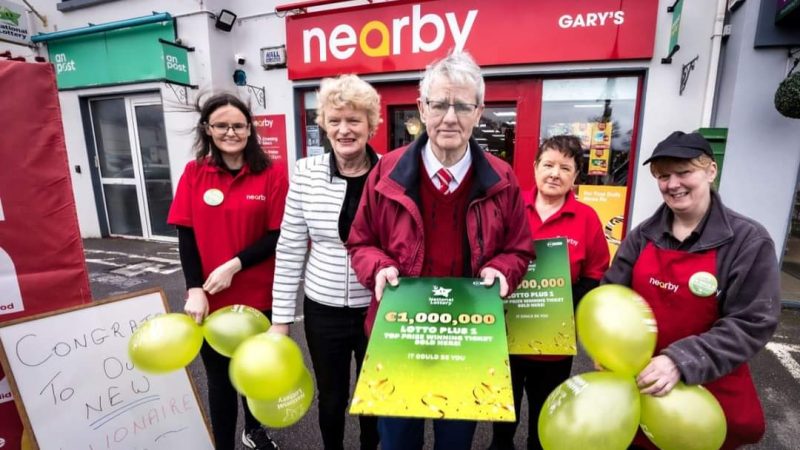Ireland spent an extra €3.1 million on bigger Christmas dinners: Kantar

Irish grocery sales were worth €3.1 billion during the 12 weeks to 26 December 2021, according to the latest figures from Kantar.
The market grew by 10.9% compared with the same period in 2019, though year on year it was down by 5.2%, as people enjoyed more freedom to spend money in restaurants and bars.
With household mixing allowed this year, the Irish public geared up for a larger Christmas celebrating with friends and family. €1.1 billion went through tills during December alone, just 0.6% lower than 2020’s record-breaking figure, and an increase of €141 million compared with 2019, equivalent to an extra €65 per household.
Lost time
Emer Healy, senior retail analyst at Kantar, said: “More guests meant larger trips to the supermarket for many people in the run up to Christmas. Shoppers were eager to make up for lost time last year and willing to spend a little more on the big day itself to make it special.
“An extra €3.1 million was spent on Christmas dinner, with whole turkey sales up by €1.9 million as the public splashed out on a showstopping centrepiece. Not every festive favourite was so fortunate though and sales of Brussels sprouts dipped by 1.4%, with only three-fifths of Irish households taking them home this month.”
Sales of other festive foods, including Christmas biscuits, cheese and confectionery, were €10.5 million greater this year than last December.
“Homegrown Irish brands were the order of the day and standouts included Brennans bread and Keogh’s crisps, which saw sales rise by 6.6% and 34.3% respectively. People’s desire for a more luxurious Christmas also pushed up premium own label sales to a record-breaking €58 million over December, €604,000 more than in 2020,” Emer Healy said.
Alcohol sales
Over the latest 12 weeks, year-on-year take-home alcohol sales fell by 22.9%, though they were up by 6.7% compared with Christmas 2019.
“Pubs were only open for three of the final twelve weeks of 2020, which resulted in unusually high sales of alcohol at supermarkets and independent shops. It was always going to be difficult to match that this year, but the numbers are still positive compared with pre pandemic,” Emer Healy said.
“No and low alcohol options had an even stronger performance as the value of the market rose by 12.2% over the year. Young people especially have been buying no and low alcohol products and the sector really has potential to grow this year, particularly as it will be boosted by its exemption from minimum unit pricing and separated stocking rules.”
Remedy growth
As the winter months took hold, cold and cough remedies saw significant growth.
“While this Christmas felt more normal than last, it was still very much a pandemic year. Consumer confidence was high thanks to the vaccine rollout, but shoppers were still wary of rising COVID-19 cases, plus regular colds and flu. They spent an additional €1.2 million on cold treatments and €1.4 million on cough liquids in the 12 weeks to 26 December,” Emer Healy said.
Online grocery sales continued their strong run this period. Nearly 17% of Irish households purchased groceries digitally over the latest 12 weeks, with sales soaring by 9.3%.
“The Irish public has really embraced online shopping and more and more people are trusting delivery services to get what they need. Online is far from reaching its ceiling. We’re still seeing new buyers being converted and those shoppers are buying increasingly bigger baskets too,” Emer Healy said.
Last minute rush
As usual, 23 December was the busiest shopping day of the year with people spending a combined €81.6 million on their final shop before Christmas.
“Despite concerns about supply chain issues and inflation, consumers were confident that retailers would have fully stocked shelves and they left much of their food shopping until the final few days. That boosted retailers over the festive trading period and all the major grocers were in year-on-year growth over the four weeks to 26 December,” Emer Healy said.
Looking at the full 12 week-ending picture, Dunnes retained the number one spot as Ireland’s largest retailer, securing 23.2% of the market. SuperValu and Tesco were both close behind, with shares of 22.2% each, while Lidl and Aldi accounted for 11.7% and 11.6% respectively.








